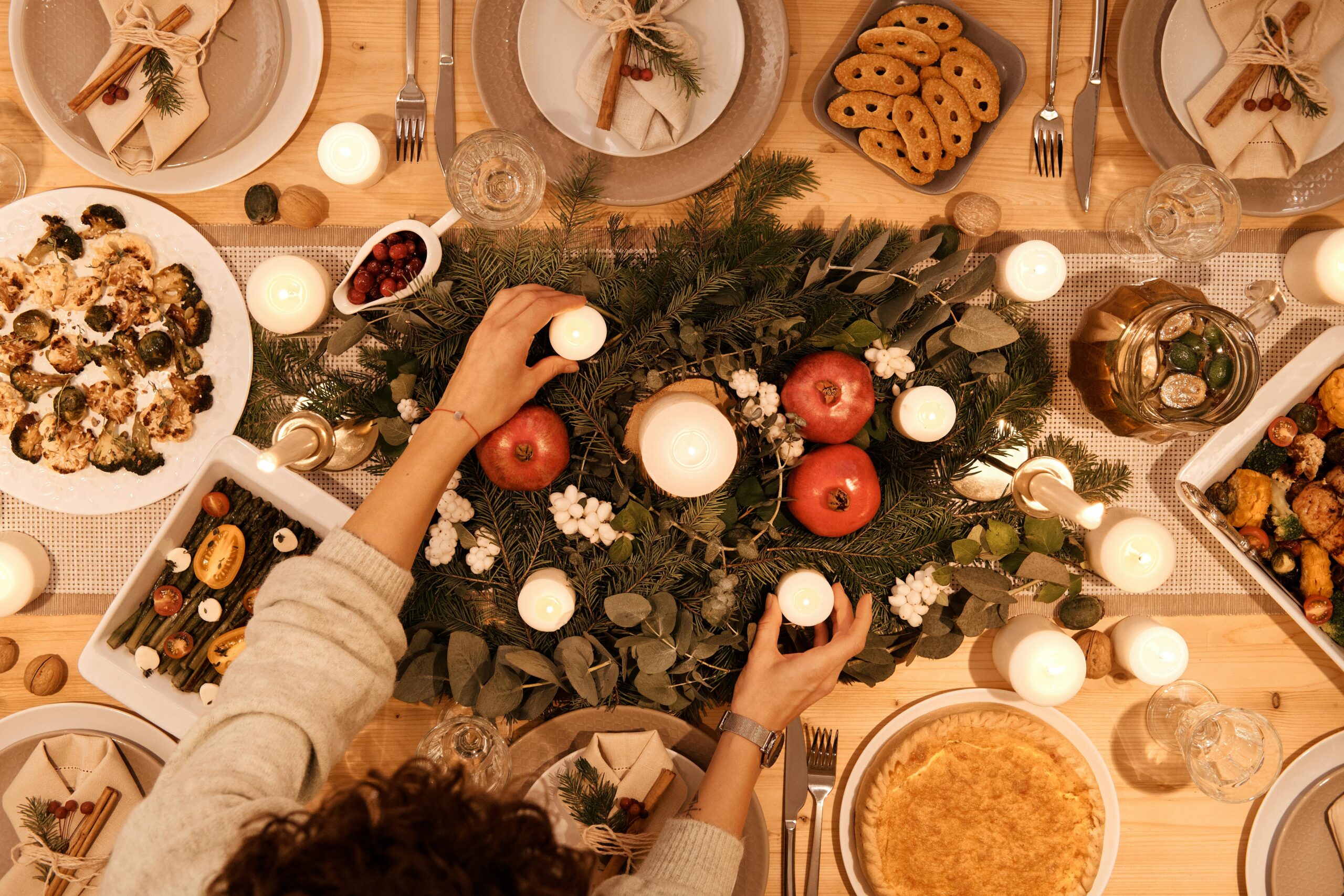
Christmas is usually associated with positivity and festivity. Picture piping hot roast dinners on the table, intricately wrapped presents under the tree, and melodic music playing in every store on the high street. But many forget the environmental costs that come with this season, particularly in regard to climate change.
Not only is Santa’s very home in danger from shrinking Arctic sea ice coverage, but the effects of global warming are impacting people all over the Earth. Flooding in Brazil means today’s children can’t take part in Christmas traditions that take place on the streets. Intense storms in the Philippines cut out the power to many homes, hampering communication between families. Warmer temperatures thaw rivers and lakes in Europe, so years of ice-skating traditions are lost to the climate crisis.
It’s clear to see that climate change is reaping havoc on the holiday season… but that isn’t the only part of the story. The Christmas traditions that are being threatened are in turn fuelling the climate crisis.
It’s clear to see that climate change is reaping havoc on the holiday season
Gift giving, indulging in food, and travelling to visit loved ones are all detrimental to the planet, especially when done with little to no moral considerations.
But fear not, there are still ways to enjoy the festive season without it costing the planet (or draining the bank account).
- Food: this is the biggest cause of tropical deforestation, so by cutting down on the food you buy will have significant impacts. Any leftovers you do have, eat them! Don’t let anything go into the landfill. Instead put it in reusable containers and enjoy another time. Eating vegan and seasonal food will also cut emissions greatly. If you need a meat fix, then cook turkey rather than lamb or beef (both of which are carbon intensive livestock) and ensure it is organically sourced by local farmers.
- Decorations: Brits may not be as crazy with their Christmas lights as Americans are, but simple things like turning off the lights when you go to bed and using LED, plug-in lights are easy ways to save energy and make sure your decorations last longer. Crackers are also an incredibly wasteful tradition – once pulled apart, the cracker itself is instantly discarded, and the gifts inside often spark excitement for a couple moments before it also joins the wrapper in the bin. How about getting creative and making your own crackers with sustainable or reusable gifts inside?
- Presents: gift meaningful presents this Christmas (and forever, for that matter)! Don’t get loads of cheap, disposable items. Instead, opt for quality, long-lasting gifts. Or go that extra mile and gift someone an experience – perhaps a ticket to a concert or a day out in a national park. Besides, as many Pinterest boards say: collect memories, not things!
- Packaging: now if you do decide to get someone a present, think about how you transport it and gift it. Rather than wrapping paper, try reusable fabric! If you have your heart set on paper, ensure it is recyclable to reduce environmental damage.
- Party outfits: save money and the environment and reuse what you already have if you plan on heading out for a gathering. If you want to freshen up your wardrobe, try clothes swapping with friends and family, or visit a second-hand shop to give new life to previously loved clothes.
- Reconnect with nature: Christmas often riddles people with anxiety and stress, so taking some moments out in nature can be really beneficial for wellbeing. Why not visit a nature reserve?
To wrap up: reduce waste, think ethically about where you source materials and food, and if you have to get something, make sure it is sustainably sourced or recyclable.


